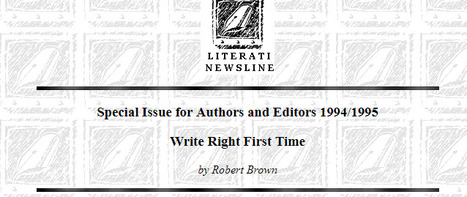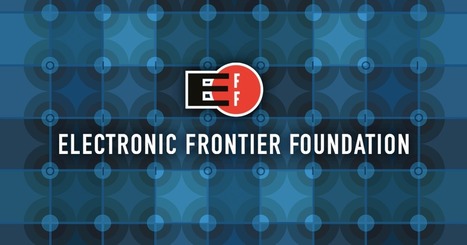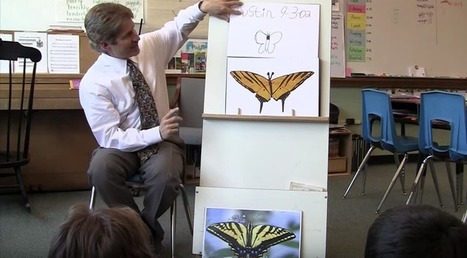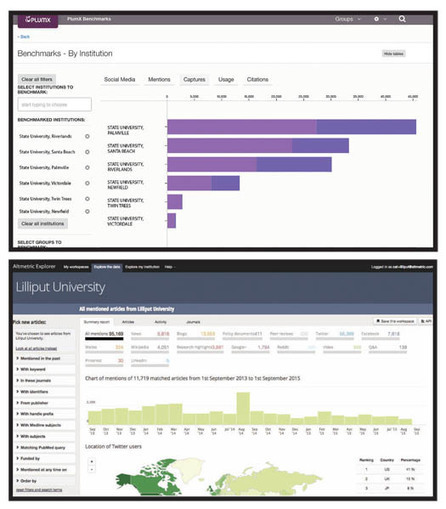Research and publish the best content.
Get Started for FREE
Sign up with Facebook Sign up with X
I don't have a Facebook or a X account
Already have an account: Login
Literacy in a digital education world and peripheral issues.
Curated by
Elizabeth E Charles
 Your new post is loading... Your new post is loading...
 Your new post is loading... Your new post is loading...

Becky Roehrs's curator insight,
September 27, 2017 12:07 PM
Excellent tips for helping your students peer review each other's work-applies to more than just writing assignments, too |
|




















